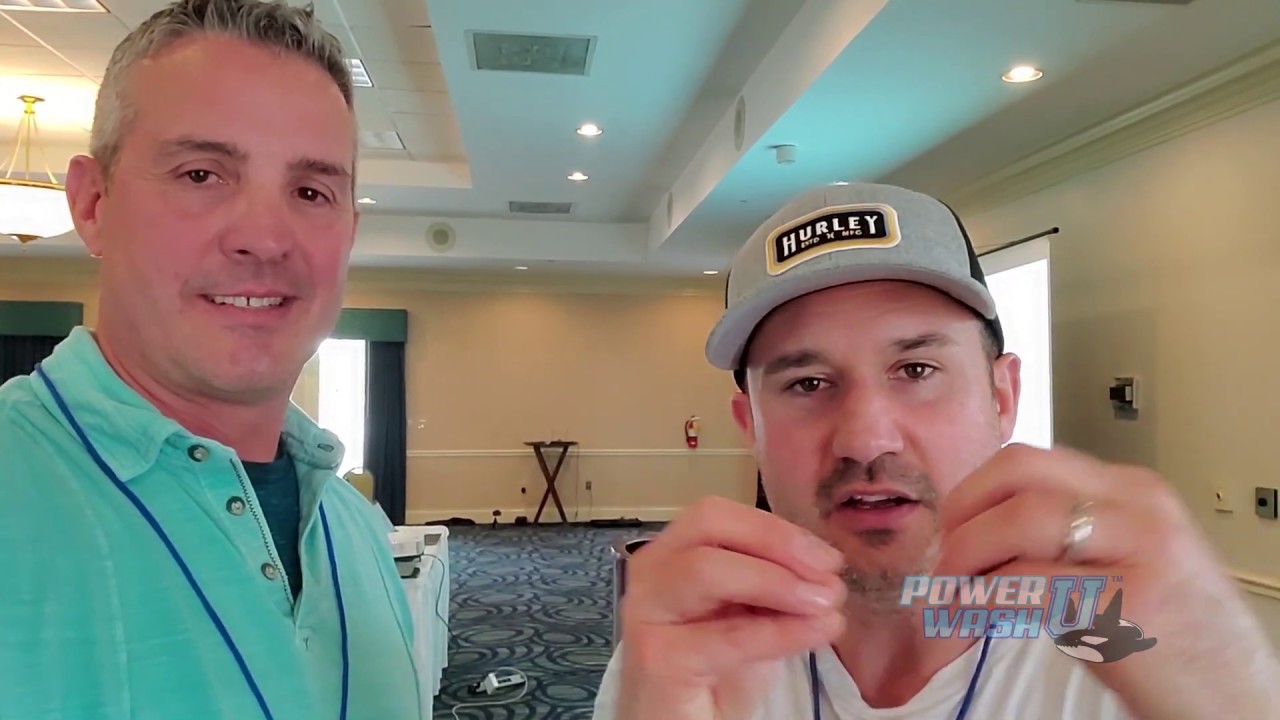The Price Of Stardom: Willie Nelson And The Risks Of Non-Stop Touring

Table of Contents
Willie Nelson, a country music icon, is renowned for his prolific career and seemingly endless touring schedule. His dedication to his fans is undeniable, but this relentless pursuit of his craft has come at a cost. This article delves into the price of stardom, examining the health risks associated with Willie Nelson's non-stop touring and the impact of such a demanding lifestyle on a musician's longevity. We'll explore the physical and mental toll, the importance of balance, and the potential consequences of prioritizing performance over well-being. Keywords: Willie Nelson, touring, health risks, musician health, burnout, longevity, price of fame, relentless touring, country music.
<h2>The Physical Demands of Constant Touring</h2>
The physical demands of constant touring are immense, impacting musicians' health in significant ways. Years on the road take a toll, often exceeding the typical wear and tear of a standard job.
<h3>Chronic Fatigue and Sleep Deprivation</h3>
The constant travel, late-night shows, and early morning departures inherent in a non-stop touring schedule contribute significantly to chronic fatigue and sleep deprivation. This relentless cycle weakens the immune system, making musicians more susceptible to illness. The body simply doesn't have time to recover and repair.
- Jet lag: Frequent changes in time zones disrupt the body's natural sleep-wake cycle.
- Irregular sleep patterns: Inconsistent bedtimes and wake-up times further exacerbate sleep deprivation.
- Lack of recovery time: Little time is allocated for rest and relaxation between performances and travel days.
- Increased stress hormones: The constant pressure to perform and the unpredictable nature of touring elevate stress hormone levels, leading to fatigue and immune suppression.
<h3>Musculoskeletal Issues</h3>
Years of performing, handling instruments, and enduring long hours on the road lead to various musculoskeletal problems. The repetitive motions involved in playing instruments, coupled with the physical strain of travel, can cause significant damage.
- Back pain: Prolonged periods of sitting or standing during performances and travel contribute to back pain.
- Hand injuries (guitarists): Repetitive movements and the strain of playing stringed instruments can result in carpal tunnel syndrome, tendonitis, and other hand injuries.
- Vocal strain: Singers often experience vocal strain and damage from demanding performances and insufficient vocal rest.
- Repetitive strain injuries (RSIs): RSIs are common among musicians due to the repetitive nature of their work.
<h3>Increased Risk of Illness</h3>
Constant exposure to various environments and large crowds significantly increases the risk of contracting infectious diseases. The close proximity to others on tour buses and in venues facilitates the spread of germs.
- Flu: Musicians are particularly vulnerable to influenza due to close contact with many people.
- Colds: Frequent travel and exposure to varying climates increase susceptibility to colds.
- Respiratory infections: Exposure to crowds and recirculated air in venues elevates the risk of respiratory infections.
- Gastrointestinal illnesses: Changes in diet and hygiene practices while touring increase the risk of gastrointestinal problems.
<h2>The Mental and Emotional Strain of a Non-Stop Tour</h2>
The relentless pressure of constant touring extends beyond physical health, significantly impacting mental and emotional well-being. The demanding schedule and lack of personal time can lead to various psychological issues.
<h3>Burnout and Exhaustion</h3>
Maintaining a grueling performance schedule without adequate rest inevitably leads to burnout. This is characterized by a state of emotional, physical, and mental exhaustion.
- Loss of motivation: The constant pressure and lack of downtime can drain motivation and passion.
- Decreased performance quality: Burnout diminishes focus and concentration, resulting in poorer performance quality.
- Irritability: Chronic fatigue and stress often manifest as irritability and short temper.
- Anxiety and depression: The isolation, pressure, and lack of control can trigger or worsen anxiety and depression.
<h3>Isolation and Loneliness</h3>
The demands of touring frequently limit personal time, causing feelings of isolation and loneliness. The constant travel and focus on work can make it difficult to maintain meaningful relationships.
- Lack of connection with family and friends: Limited time off makes it difficult to nurture relationships with loved ones.
- Difficulty maintaining relationships: The constant absence and stress can strain even the strongest relationships.
- Impact on mental health: Social isolation contributes to feelings of loneliness, sadness, and depression.
<h3>Substance Abuse and Addiction</h3>
The pressures of fame and the relentless touring schedule can contribute to substance abuse as a coping mechanism. Musicians may turn to drugs or alcohol to manage stress, fatigue, and isolation.
- Alcohol: Alcohol is often used to cope with stress and unwind after performances.
- Drugs: Various drugs may be used to alleviate pain, anxiety, or insomnia.
- Self-medication: The use of substances to self-treat mental health issues is a serious concern.
- Impact on health and career: Substance abuse significantly impacts both physical and mental health, often jeopardizing careers.
<h2>Balancing Stardom with Self-Care: Lessons from Willie Nelson's Journey</h2>
While Willie Nelson's career exemplifies dedication, it also serves as a reminder of the importance of prioritizing self-care, even for iconic artists. Finding a balance between relentless touring and personal well-being is crucial for long-term health and career sustainability.
<h3>The Importance of Prioritizing Health</h3>
Incorporating rest and recovery into a demanding touring schedule is not a luxury, but a necessity. Regular check-ups, a healthy diet, exercise, and effective stress management techniques are crucial components of maintaining physical and mental health.
- Regular check-ups: Routine medical check-ups help identify and address potential health problems early on.
- Healthy diet: Nourishing the body with a balanced diet fuels energy levels and supports the immune system.
- Exercise: Regular physical activity improves physical and mental well-being, reducing stress and boosting energy levels.
- Stress management techniques: Techniques such as meditation, yoga, or deep breathing help reduce stress levels and promote relaxation.
- Seeking professional help when needed: Don't hesitate to seek professional help for mental or physical health concerns.
<h3>The Role of Support Systems</h3>
Strong support systems, including family, friends, and a professional management team, are vital in helping musicians navigate the pressures of a demanding career. A supportive network provides emotional and practical assistance.
- Mental health professionals: Therapists or counselors provide guidance and support in managing stress, anxiety, and depression.
- Personal trainers: Personal trainers offer customized fitness plans to maintain physical health.
- Nutritionists: Registered dietitians provide guidance on healthy eating habits to support overall well-being.
- Strong management team: A skilled management team ensures that musicians have adequate rest periods and manage their schedules effectively.
<h3>Setting Boundaries and Saying No</h3>
Learning to set boundaries and say no to commitments that compromise well-being is essential for preventing burnout. Prioritizing tasks and learning to delegate are crucial skills for managing the demands of a demanding career.
- Learning to delegate: Don't be afraid to delegate tasks to others to reduce your workload.
- Prioritizing tasks: Focus on the most important tasks and learn to let go of less essential ones.
- Saying no to commitments that compromise well-being: It's okay to decline opportunities that would negatively impact your health and well-being.
<h2>Conclusion</h2>
Willie Nelson's enduring career serves as both inspiration and a cautionary tale. While his dedication to music is admirable, his relentless touring schedule highlights the significant health risks associated with the price of stardom. Maintaining a balance between passion and self-care is crucial for musicians and performers to sustain their careers and well-being. Prioritizing health, building strong support systems, and setting healthy boundaries are essential for navigating the demands of a non-stop touring schedule. By learning from the experiences of legends like Willie Nelson, aspiring musicians can strive for a fulfilling and sustainable career, understanding that the price of stardom doesn't have to mean sacrificing their health and happiness. Learn more about managing the health risks of relentless touring and protecting your well-being as a musician. Consider the long-term implications of non-stop touring on your health and future.

Featured Posts
-
 The Pete Rose Pardon Trumps Decision And The Future Of Baseball
Apr 29, 2025
The Pete Rose Pardon Trumps Decision And The Future Of Baseball
Apr 29, 2025 -
 Antlaq Fealyat Fn Abwzby 19 Nwfmbr
Apr 29, 2025
Antlaq Fealyat Fn Abwzby 19 Nwfmbr
Apr 29, 2025 -
 Confronting Google Perplexity Ceos Perspective On The Emerging Ai Browser Market
Apr 29, 2025
Confronting Google Perplexity Ceos Perspective On The Emerging Ai Browser Market
Apr 29, 2025 -
 Chainalysis Acquires Ai Startup Alterya Expanding Blockchain Capabilities
Apr 29, 2025
Chainalysis Acquires Ai Startup Alterya Expanding Blockchain Capabilities
Apr 29, 2025 -
 Russias Military Buildup What Concerns Europe
Apr 29, 2025
Russias Military Buildup What Concerns Europe
Apr 29, 2025
Latest Posts
-
 Cardinal Beccius Unfair Trial Claim Bolstered By New Evidence
Apr 29, 2025
Cardinal Beccius Unfair Trial Claim Bolstered By New Evidence
Apr 29, 2025 -
 Reviving Nostalgia Older Viewers And Their You Tube Habits
Apr 29, 2025
Reviving Nostalgia Older Viewers And Their You Tube Habits
Apr 29, 2025 -
 How You Tube Is Attracting A Growing Audience Of Older Viewers
Apr 29, 2025
How You Tube Is Attracting A Growing Audience Of Older Viewers
Apr 29, 2025 -
 London Real Estate Fraud British Court Upholds Vaticans Claim
Apr 29, 2025
London Real Estate Fraud British Court Upholds Vaticans Claim
Apr 29, 2025 -
 Vatican Defrauded London Real Estate Deal Ruled Fraudulent By British Court
Apr 29, 2025
Vatican Defrauded London Real Estate Deal Ruled Fraudulent By British Court
Apr 29, 2025
